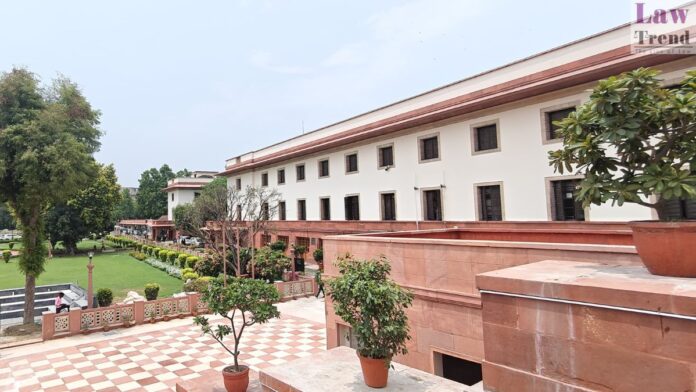The Supreme Court of India, in the case of Delhi Transport Corporation vs. Ashok Kumar Sharma, recently delivered a significant ruling emphasizing the necessity of leading witness evidence even in ex parte disciplinary inquiries. This judgment, delivered on July 18, 2024, by the bench comprising Justice Sandeep Mehta and Justice R. Mahadevan, highlights procedural lapses
To Read More Please Subscribe to VIP Membership for Unlimited Access to All the Articles, Download Available Copies of Judgments/Order, Acess to Central/State Bare Acts, Advertisement Free Content, Access to More than 4000 Legal Drafts( Readymade Editable Formats of Suits, Petitions, Writs, Legal Notices, Divorce Petitions, 138 Notices, Bail Applications etc.) in Hindi and English.




